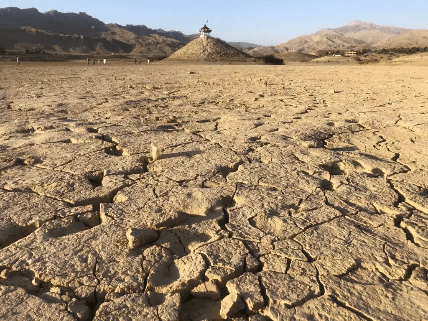Editorial:
Balochistan has taken a historic and timely step by establishing its first-ever Climate Fund, a move that signals the province’s recognition of the existential threat posed by global warming and climate change. In his recent meeting with British High Commissioner Jane Marriott, Chief Minister Mir Sarfraz Bugti rightly underscored the urgency of mobilizing resources to safeguard communities from natural calamities that are growing in frequency and intensity.
Floods In Bunair
The tragic flash floods in the Bunair area of Khyber Pukhtoonkhwa this month, which claimed precious human lives, are a grim reminder of Pakistan’s extreme vulnerability. The province sits on a fragile ecological and seismic zone — prone not only to floods but also to recurring droughts, earthquakes, and the looming threat of desertification. Each disaster further strains an already fragile infrastructure, displaces communities, and deepens poverty.
Stop Deforestation
The Climate Fund, if implemented transparently and effectively, has the potential to become a lifeline for millions. It can provide the financial base for disaster preparedness, early warning systems, reforestation, water management, and community resilience projects. Equally important, it can build trust between the government and people by showing that saved resources — like the Rs. 14 billion curtailed from non-developmental expenditures — are being invested in protecting lives and livelihoods.
The Battle Cannot Be Fought Alone
However, climate change is not a battle that Balochistan can fight alone. Partnerships with international allies, such as the United Kingdom, are essential in bringing technical expertise, innovative solutions, and funding support. Training local institutions, particularly in areas like disaster management and environmental governance, should be a top priority.
The provincial government’s commitment to reforms in governance, education, and healthcare is commendable, but the climate emergency must remain at the center of its development agenda. Without climate resilience, all other reforms risk being washed away by the next flood or crippled by the next drought.
Balochistan has shown leadership by creating this Climate Fund. The next step is to ensure that it does not become another underutilized policy initiative. Effective monitoring, independent oversight, and community involvement will be key to making it a success.
In the face of global warming, every delay carries a cost in human lives and economic stability. The Chief Minister must now take all possible steps to translate the promise of the Climate Fund into tangible protections for the people of Balochistan.






